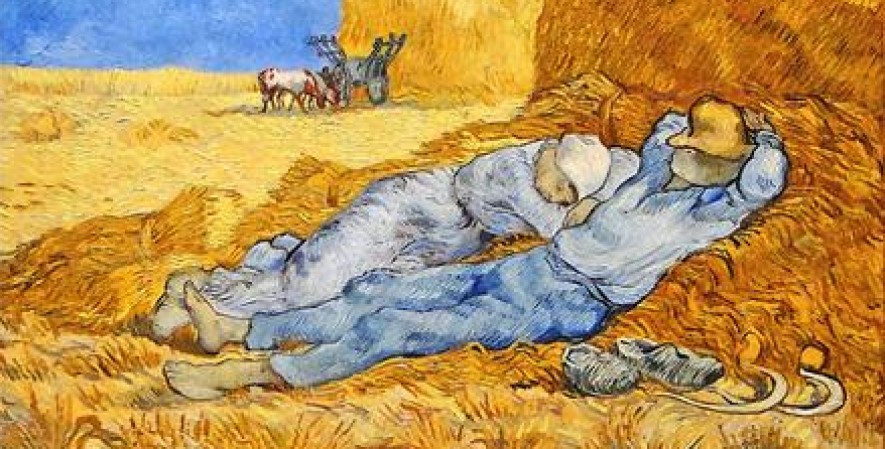Blogger’s Note: This post appeared in 2013, during the first few months of A Napper’s Companion. If you enjoy this and other offerings on this blog, please consider subscribing by sharing your email address and clicking on “follow.” Thanks!

Winston Churchill, Prime Minister of the United Kingdom from 1940 to 1945 and from 1951 to 1955. Deutsch: Winston Churchill, 1940 bis 1945 sowie 1951 bis 1955 Premier des Vereinigten Königreichs und Literaturnobelpreisträger des Jahres 1953. (Photo credit: Wikipedia)
During the Boer War, Winston Churchill kept a well-stocked bar: thirty-six bottles of wine, eighteen bottles of ten-year old scotch, and six bottles of vintage brandy (a drink he believed was essential to a stable diet). And this was just a warm up for the drinking he’d do throughout his life. If he were alive, I’d ask him, “How did you excel as a world leader during one of your nation’s most agonizing hours while consuming enough liquor to knock out a team of Clydesdales?” Maybe his systemic alcohol reserve never got low enough for a hangover to set in. And beyond his effectiveness, how did he live to celebrate his ninetieth birthday? Little or no exercise, blubber around his middle, a cigar hanging out of his mouth, and more booze than water in his body: he never should have seen sixty.
Bipolar-lives.com’s Sarah Freeman reports that the Prime Minister didn’t drink only for kicks. Alcohol was also a salve for depression, which he called his black dog:
- “Churchill seemed to be aware that his depression was a medical condition. In 1911 a friend of Churchill’s claimed to have been cured of depression by a doctor. Churchill wrote about this with some excitement in a letter to his wife, Clementine: ‘I think this man might be useful to me—if my black dog returns. He seems quite away from me now—it is such a relief. All the colours come back into the picture.’ However, Churchill was writing at a time before the development of effective medication, when the main medical approach to mood disorders was psychoanalytic. Churchill’s doctor, Lord Moran, wrote a memoir about his famous patient, emphasizing the black dog—it describes plenty of symptoms but no treatment. (Although when Churchill was almost 80, Dr. Moran did prescribe some speed to give Sir Winston enough of a boost to make a final speech in Parliament.)”
Freeman goes on to argue that Churchill suffered from manic depression. I quote and summarize her article here at some length:
- “Combative in personal relationships,” Churchill also clearly fancied his own voice and could happily hold forth for four hours or longer, with some of this time devoted to sarcasm and bluster (as Lady Aster discovered on numerous occasions).
- The business of state began around 8:00 a.m. when the Prime Minister awoke and concluded anywhere from 2:00 to 4:30 a.m., when he turned in. Sadly for his staff members, who were understandably put out, he expected them to be available at any time during this long haul.
- “He worked from his four poster bed in the mornings, attended by colleagues and secretaries. One General described being summoned to a meeting a 4 am where Churchill appeared dressed in his bathrobe. He often distressed his staff by meeting with them while dressed in nothing but the pale pink silk underwear that he had personally tailored. He would even walk around his house completely undressed or insist on conducting meetings from his bathtub.”
- “At his death [he] left 15 tons of personal papers. Most of his income was derived from his writing, and he wrote countless articles, and 43 book-length works in 72 volumes.”
(I’m still recovering from the image of the portly Prime Minister in pink silk underwear with a stogie in one hand and a whiskey and soda in the other. It’s a wonder one of his aides didn’t snatch the cigar from his boss’s teeth and turn the lit end on his own eyes.”)
The extent of Churchill’s excess and foolishness, claims Freeman, is evidence of Churchill’s manic depression, as is his alcoholism:
“Research has demonstrated very strong links between mania and substance abuse. Studies show that bipolar people are much more likely than depressed people or the population in general to be alcoholic. Further, alcoholics are more likely than members of the general population to be bipolar. Do manic depressives self-medicate this way to gain relief from the irritability, agitation and restlessness of mania?”
The implied answer is, “Of course.” Freeman speculates that his ravenous consumption of not only alcohol, but “cigars, stilton cheese and rich desserts . . . smacks of self-medication and links Winston Churchill and manic depression.”
In the end I don’t care what mental health tag gets put on Churchill’s toe. What draws me to him is his blessed oblivion in the afternoon and his feat of containing his weaknesses and cobbling together an incredible life. I also admire how aware he was of his own fragility. “I don’t like standing near the edge of a platform when an express train is coming through,” he once told his doctor. “I like to stand right back and if possible get a pillar between me and the train. I don’t like to stand by the side of a ship and look down into the water. A second’s action would end everything. A few drops of desperation.” (The original source for this quote is illusive.)
Churchill survived all his obsessions (you live to ninety doing what he did, you’re the winner!), and the black dog died before he did. I like to think those long naps kept him from throwing himself overboard.




He was quite the painter too! Did over 500 canvasses I believe.